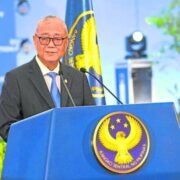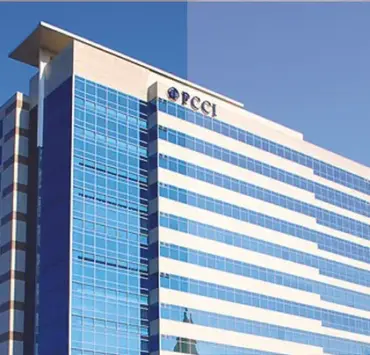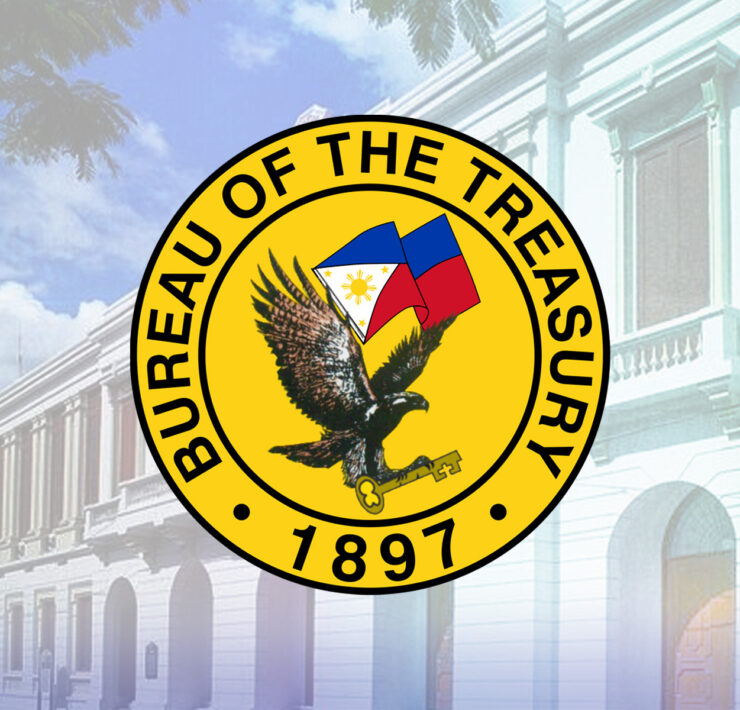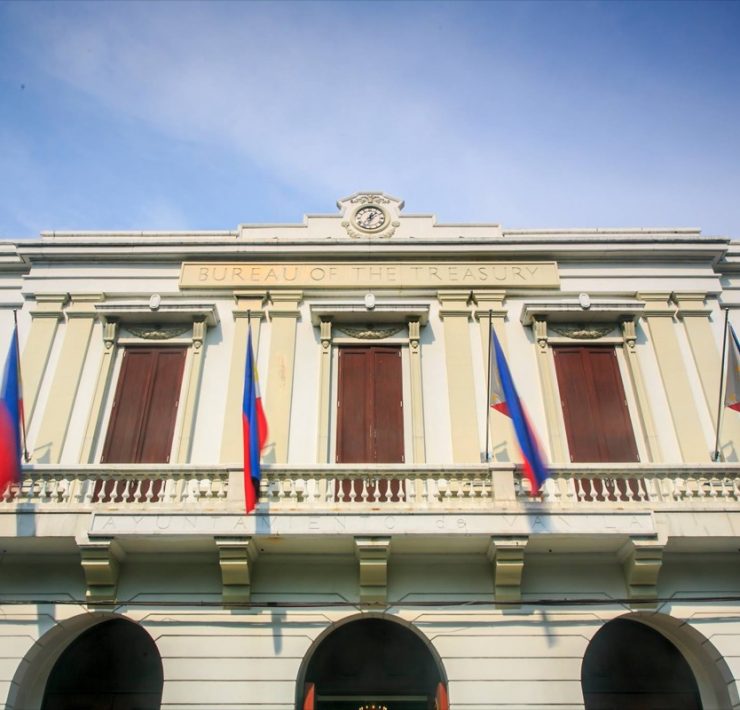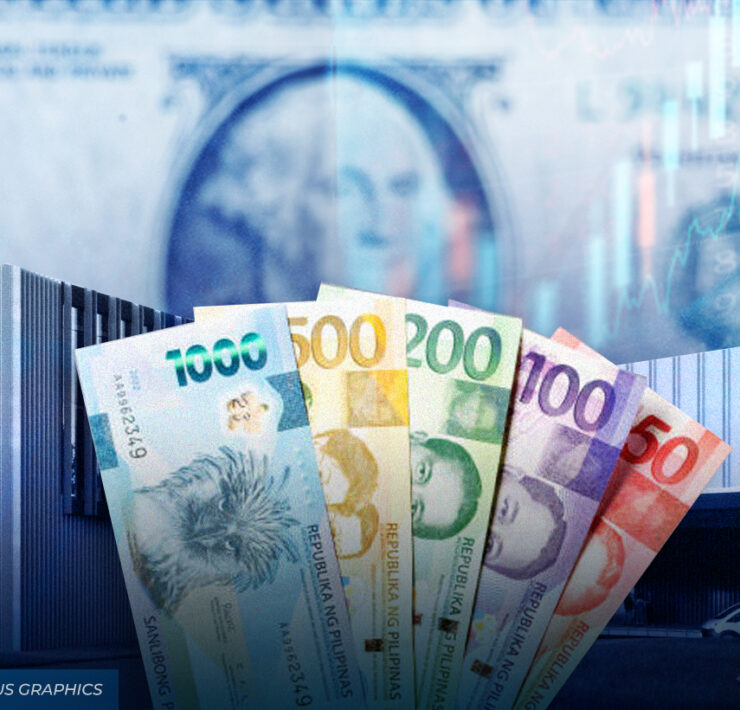PH sets 5-point agenda as the next Asean chair
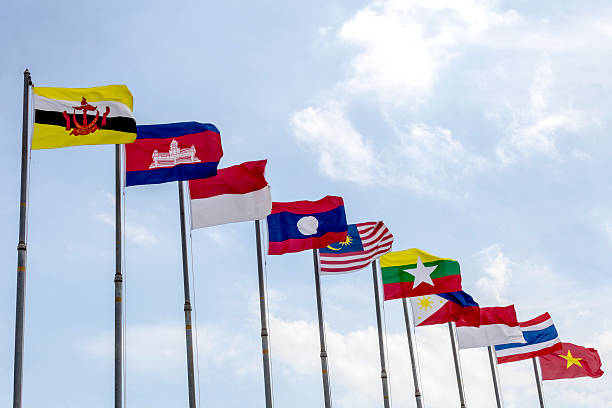
The Department of Trade and Industry (DTI) has unveiled a five-point economic agenda as the Philippines prepares to chair the Association of Southeast Asian Nations (Asean) summit in 2026, with a strong focus on expanding regional trade, digitalization and sustainable growth.
The DTI will lead seven of the 18 priority economic deliverables for the summit hosting, many in coordination with the Board of Investments and the Bureau of International Trade Relations (BITR).
The agenda focuses on five strategic pillars: strengthening trade and investment linkages; accelerating digital transformation; integrating Asean’s micro, small and medium enterprises (MSMEs) development agenda; leveraging the creative economy and innovation; and advancing sustainable and inclusive economies.
“As we embark on this chairship, may our shared commitment guide us toward deeper integration, stronger cooperation and more inclusive growth. The path forward will require sustained leadership and collective leadership,” said Trade Undersecretary Allan Gepty.
Asean center
One of the key initiatives is the completion of negotiations for the Asean-Canada free trade agreement, which the DTI will lead alongside the BITR.
A digital economy framework agreement involving all 11 Asean member-countries is also slated for signing, supporting the region’s broader digital transformation goals.
In 2026, the Philippines also plans to lead the establishment of the Asean Center of Excellence for Creative Industries, which Gepty described as “one of the most forward-looking initiatives” of the chairship.
“The center will be a dynamic hub for policy dialogue, capacity-building programs and collaborative projects that span digital media, film, music, design and other creative sectors,” he said.
The effort will be led by the Philippine Creative Industries Development Council.
“It is important that we unlock the financial value of ideas, inventions, designs and creative works. It is imperative that our stakeholders should see the value of their intangible assets,” Gepty said.
With semiconductors representing one of the Philippines’ top exports, valued at $39.1 billion in 2024, the DTI will push for the adoption of a regional strategic framework to strengthen semiconductor supply chains and investment.
However, for Dan Lachica, president of the Semiconductor and Electronics Industries in the Philippines Inc., cultivating a proper investment environment is as important as establishing frameworks.
“We want to attract investments but you have to show first that you’re worthy of the investment,” Lachica told reporters. “Without the proof of concept, without the ecosystem, it’s wishful thinking.”
Other agencies tasked with leading the economic deliverables include the Department of Energy, Securities and Exchange Commission, Department of Finance, Department of Environment and Natural Resources and Bangko Sentral ng Pilpinas.













